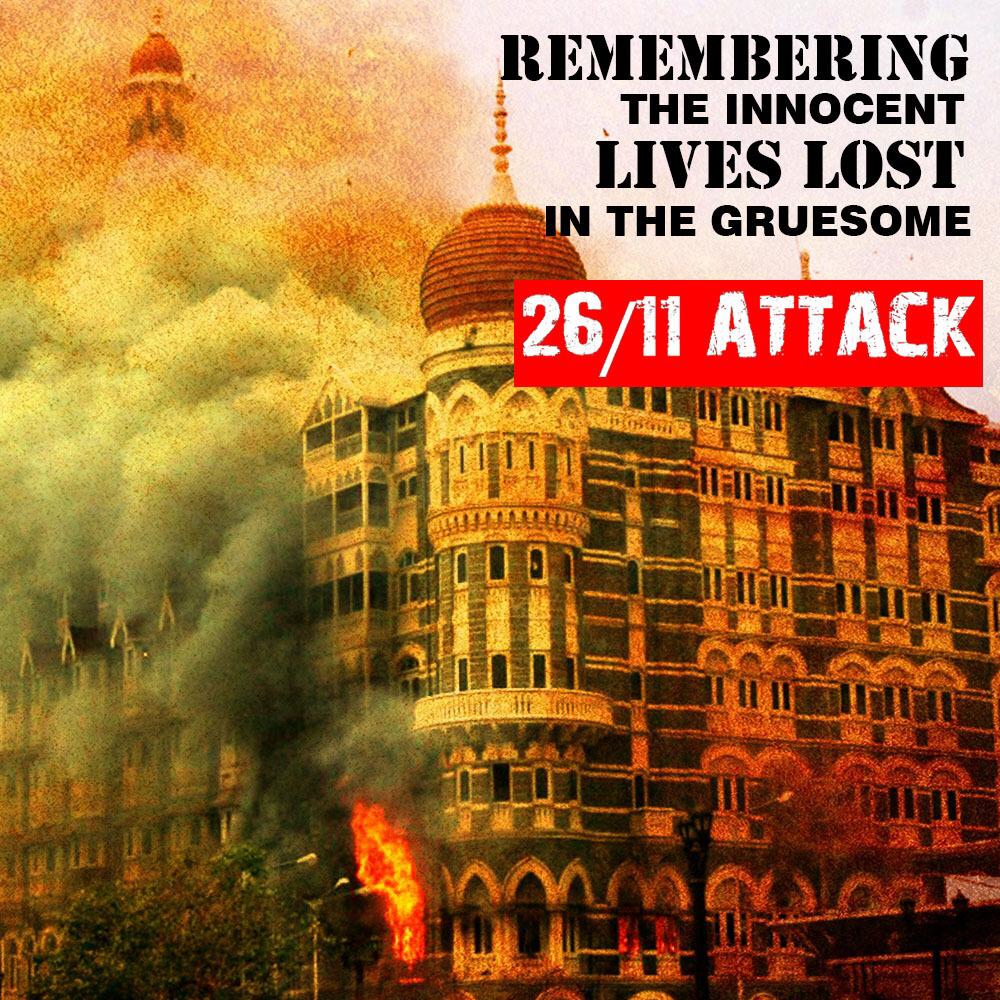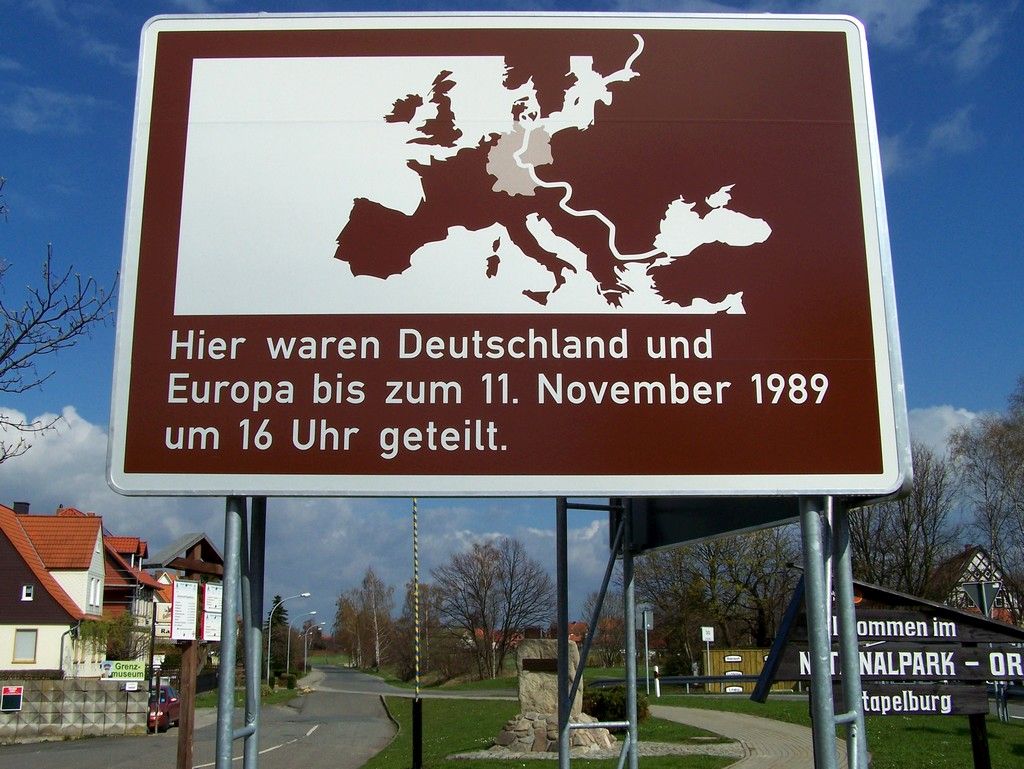Introduction: The Significance of 11 November
11 November is a date marked by remembrance and reflection, particularly for countries that observe Remembrance Day. This day is significant not only because it marks the end of World War I in 1918 but also serves as a poignant reminder of the sacrifices made by armed forces throughout history. The bell tolls at 11 a.m. on this day, symbolizing the moment when the armistice was signed, ceasing hostilities on the Western Front.
The Historical Context
The end of World War I on 11 November 1918 was a pivotal moment in global history, leading to a shift in geopolitical power and the establishment of the League of Nations. The Treaty of Versailles in 1919 formally ended the war, making this date essential for commemorating those who lost their lives during the conflict. Remembrance Day is observed by many nations, including South Africa, Canada, the United Kingdom, and Australia, each paying tribute through ceremonies, parades, and moments of silence.
Modern Commemorations
In South Africa, Remembrance Day is seen as an occasion to honor all who served in the South African military forces, particularly during the two World Wars and other conflicts. While the public recognition of the day may vary, events often feature the playing of the Last Post, wreath laying, and the recitation of oaths of remembrance. Schools and communities sometimes encourage discussions about the importance of peace and the impact of war.
Global Observance
Each year, thousands gather at memorials and war memorials around the world to observe two minutes of silence, a powerful pause reflecting on the past. Poppies are often worn as a symbol of remembrance, stemming from the iconic World War I poem “In Flanders Fields.”
Conclusion: The Legacy of 11 November
As we approach 11 November, it remains crucial to engage with the historical significance of this day. While we honor those who served, it also serves as a reminder of the importance of pursuing peace and reconciliation. The collective memory of sacrifice and valor encourages us to reflect not only on wars past but also to consider our role in creating a more peaceful future. As nations continue to grapple with the legacies of conflict, remembrance becomes a bridge connecting past struggles to hopes for global harmony.


